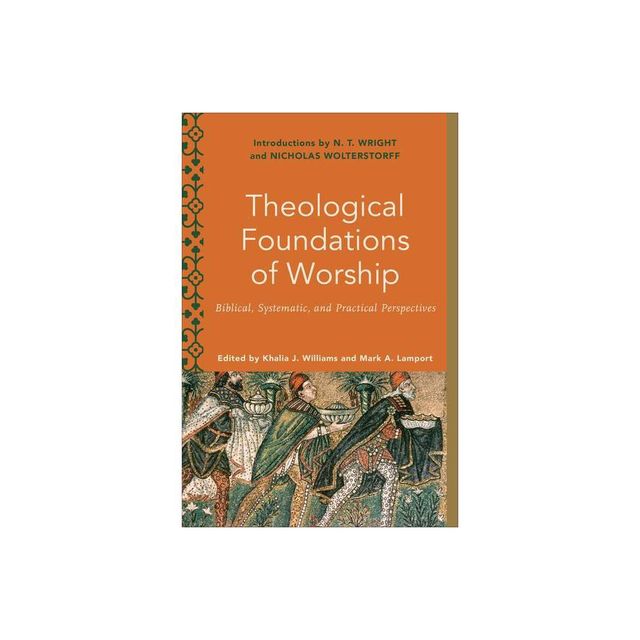Home
Theological Foundations for Environmental Ethics: Reconstructing Patristic and Medieval Concepts
Loading Inventory...
Barnes and Noble
Theological Foundations for Environmental Ethics: Reconstructing Patristic and Medieval Concepts
Current price: $32.95


Barnes and Noble
Theological Foundations for Environmental Ethics: Reconstructing Patristic and Medieval Concepts
Current price: $32.95
Loading Inventory...
Size: Paperback
*Product Information may vary - to confirm product availability, pricing, and additional information please contact Barnes and Noble
Earth is imperiled. Human activities are adversely affecting the land, water, air, and myriad forms of biological life that comprise the ecosystems of our planet. Indicators of global warming and holes in the ozone layer inhibit functions vital to the biosphere. Environmental damage to the planet becomes damaging to human health and well-being now and into the future-and too often that damage affects those who are least able to protect themselves.
Can religion make a positive contribution to preventing further destruction of biological diversity and ecosystems and threats to our earth? Jame Schaefer thinks that it can, and she examines the thought of Christian Church fathers and medieval theologians to reveal and retrieve insights that may speak to our current plight. By reconstructing the teachings of Augustine, Thomas Aquinas, and other classic thinkers to reflect our current scientific understanding of the world, Schaefer shows how to "green" the Catholic faith: to value the goodness of creation, to appreciate the beauty of creation, to respect creation's praise for God, to acknowledge the kinship of all creatures, to use creation with gratitude and restraint, and to live virtuously within the earth community.
Can religion make a positive contribution to preventing further destruction of biological diversity and ecosystems and threats to our earth? Jame Schaefer thinks that it can, and she examines the thought of Christian Church fathers and medieval theologians to reveal and retrieve insights that may speak to our current plight. By reconstructing the teachings of Augustine, Thomas Aquinas, and other classic thinkers to reflect our current scientific understanding of the world, Schaefer shows how to "green" the Catholic faith: to value the goodness of creation, to appreciate the beauty of creation, to respect creation's praise for God, to acknowledge the kinship of all creatures, to use creation with gratitude and restraint, and to live virtuously within the earth community.


















